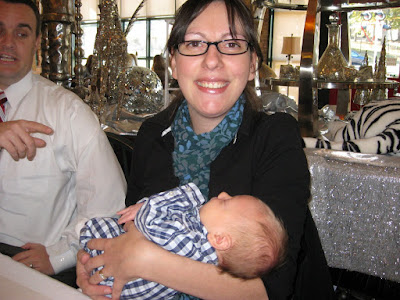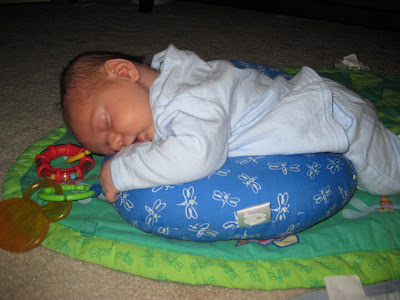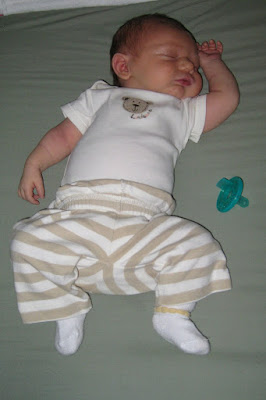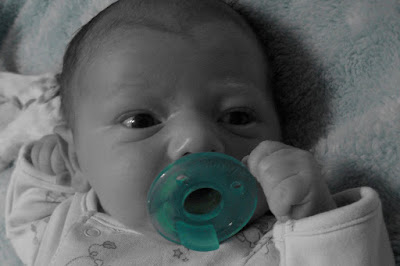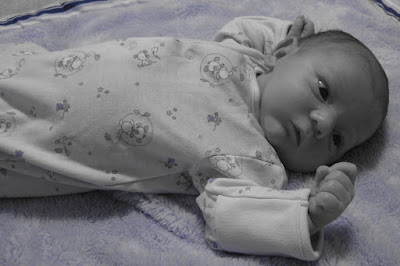The Hygiene Hypothesis: Are Cleanlier Lifestyles Causing More Allergies For Kids?While staying germ-free can prevent the spread of disease and infections, leading a cleanlier lifestyle may be responsible for an increase in allergies among children.
“It’s called the hygiene hypothesis,” says Marc McMorris, M.D., a pediatric allergist at the University of Michigan Health System. “We’ve developed a cleanlier lifestyle, and our bodies no longer need to fight germs as much as they did in the past. As a result, the immune system has shifted away from fighting infection to developing more allergic tendencies.”
The body’s immune system is designed to fight infection (bacterial, viral and parasites), but also recognizes foreign substances as allergens.
With the advent of vaccines, however, the immune system is no longer taxed with fighting off life-threatening diseases such as polio and measles. And thanks to antibiotics, the immune system is no longer burdened to the extent it was in the past, with fighting common bacterial infections.
Even our homes have changed how our immune system functions. Air tight doors and windows – designed to save energy – have created an increased concentration of indoor allergens.
Plus, McMorris says, today’s family is smaller, which lessens children’s exposure to germs and infections. Families with three or more children – a more common family dynamic 20 or 30 years ago – tend to have fewer allergies because more children mean more germs and greater exposure to bacteria and viruses.
“The natural immune system does not have as much to do as it did 50 years ago because we’ve increased our efforts to protect our children from dirt and germs,” says McMorris.
“Allergies are on the rise because our society has changed the way we live. As a result, people with allergies are having children with others who have allergies, which in turn creates a natural increase in the prevalence of allergies in our society.”
Allergies are a reaction by the body's immune system to foreign substances – pollen, mold, animal dander, dust and dust mites, insect stings and certain foods – that it deems harmful.
So, is there a way to find a balance in our super clean world?
According to McMorris, finding a balance between healthy living and clean living may be a challenge.
“We all try to do our best with our children,” he notes. “We certainly should not step back in time and stop immunizing our children against deadly diseases. But we should use more common sense. While we should keep our houses clean, we need to be diligent about changing our furnace filters and keeping allergens like mold out of attics and basements.”
Ultimately, McMorris advises parents to just let kids be kids. Let them play outside and with friends, and don’t worry about them coming into contact with dirt and germs – but always be cautious with children with life-threatening food allergies, he cautions.
Other good articles:
http://healthlink.mcw.edu/article/1031002421.htmlhttp://bodyandhealth.canada.com/channel_section_details.asp?text_id=3441&channel_id=145&relation_id=25921

 Any moms out there looking to try babylegs, visit http://www.babysnazz.com/contest/ to register to win 20 free pair!
Any moms out there looking to try babylegs, visit http://www.babysnazz.com/contest/ to register to win 20 free pair! Any moms out there looking to try babylegs, visit http://www.babysnazz.com/contest/ to register to win 20 free pair!
Any moms out there looking to try babylegs, visit http://www.babysnazz.com/contest/ to register to win 20 free pair!































